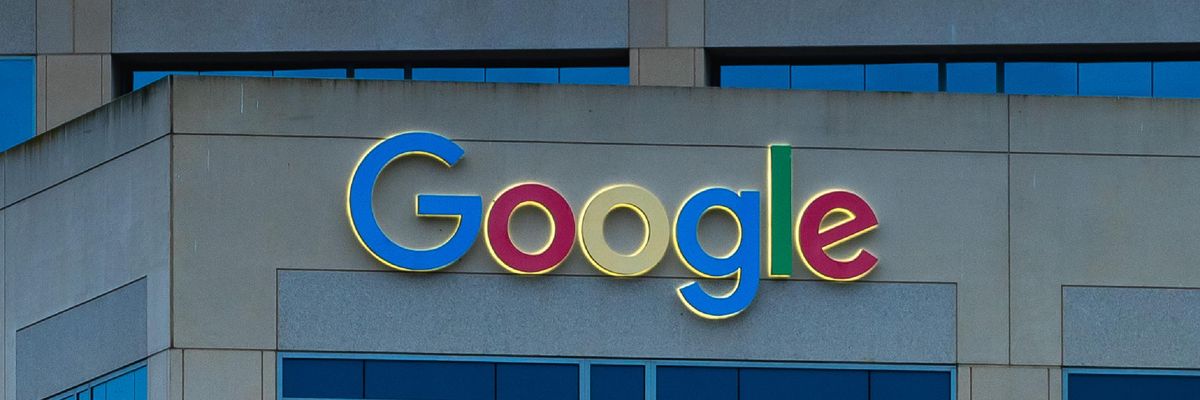The European Parliament report is explicit in its understanding that democracy at work is essential to addressing overall inequities in society at large. It rightly notes that people learn how to exercise their voice in the institutions closest to their day-to-day lives and that the erosion of worker voice at the workplace level has given rise to a wave of resentment that is undermining the sense of a social contract throughout Europe. This in turn gives rise to sectarianism.
So what does the report propose? It calls for ambitious thresholds for a minimum EU standard of board-level representation for workers' representatives. And it makes clear that the purpose of such representation is "for the establishment of strategies agreed with workers to positively influence environmental, social and economic development through governance practices and market presence, (and) to strengthen the role of directors in pursuing the long-term interests of their company."
In the United States, the Clean Slate for Worker Power Project has put forward equally ambitious proposals. Yet as labor scholar Mark Anner of Penn State University points out, these proposals face a steeper hill than the EU. He notes that in the United States,
"There is a sense of acceptance that the workplace is not a place where you can speak up, it's a top down system. You exercise your power by quitting and looking for something else. Surveys show that people would like to have a union, but they fear that if they ask for what they want, the unions won't actually have the power to protect them. So bringing this to citizens' rights, I think they are interactive. If people don't see their rights protected at work, this diminishes their expectations about policies to protect their rights generally."
Maria Stephan, an expert in democracy and social movements and co-author of Why Civil Resistance Works, agrees. "Issues and concerns about fair wages, about not being evicted, are core issues for the conservative base too and might transcend, but they face narratives that block us from being able to really talk about and bring democracy and economic justice issues together."
American democracy is in crisis. As recent parallel editorials in both the Washington Post and New York Times highlighted, peaceful social movements such as Black Lives Matter, Women's March, and March On for Voting Rights are being met in equal measure with active preparation for armed and violent insurrection. America's corporations may prove to be the deciding factor when it comes to peaceful elections and transitions of power in the future. That is why independent news outlets such as ProPublica and Popular Info have made it their business to examine business and its role in supporting politicians that aid and abet current and future violence.
Subsequent to the November 2020 U.S. election, civic activists worked hard to bring corporate America on their side in the battle for democracy. Yet today companies that promised to suspend donations to politicians who refused on January 6, 2021 to certify the vote are quietly renewing donations that may support future insurrections, while taking out expensive ads to target vulnerable Democrats for their support for economic stimulus.
So as the Biden Administration prepares to convene allies to a global Summit for Democracy, how should we think about the role of corporations and labor? Groups like Sleeping Giants have sought to mobilize consumers-as-citizens to propel companies to reflect on the ethics of donating to politicians who actively promote hate speech and suppress voting rights. But as older consumer movements such as the 1960s California grape boycott should teach us, consumer actions are only effective when they directly engage with social and worker movements. Voices inside companies are important to reinforce actions outside companies, particularly on social and political issues where companies may have a limited direct stake but outsized influence with policymakers.
Today's voting rights activists also need to consider the relationship between their efforts and Amazon warehouse workers pushing for a union vote, or Alabama mine workers on strike, or yes, even Googlers for climate action. To be sure, many civic groups are already supporting a set of labor reforms, the PRO Act, as part and parcel of a package of pro-democracy legislative reforms at a national level. In efforts to advance this package, it may be helpful to keep firmly in mind Ferreras's explanation of the importance of checks and balances within firms as well as within governments.
Our best check and balance would be to strengthen the ethical function that workers can play within firms. A small and little noticed victory should give us hope. On September 28, the two leaders of Amazon Workers for Climate Justice had their hearing before the NLRB. The company agreed to a settlement that not only restores back pay for those fired, but posts a notice to both tech and warehouse workers worldwide that they cannot be fired for exercising their voice at work. In the meanwhile, Popular Info continues to point out the many companies that, like Amazon, made pledges to fight climate change while lobbying for public policies that do just the opposite. Companies may find it easier to make coherent policy choices if workers have a greater voice. Business will thrive and give people a reason to put away their pitchforks.
The Democratizing Work initiative is hosting a first annual Global Forum on Democratizing Work through October 7, 2021. Further reading.

